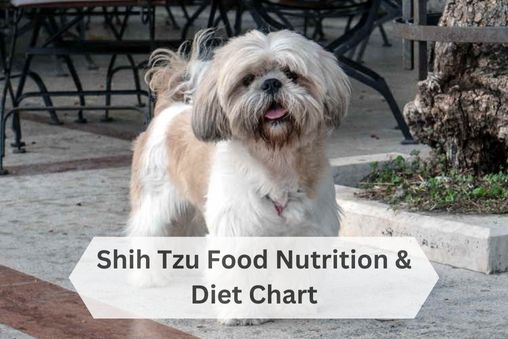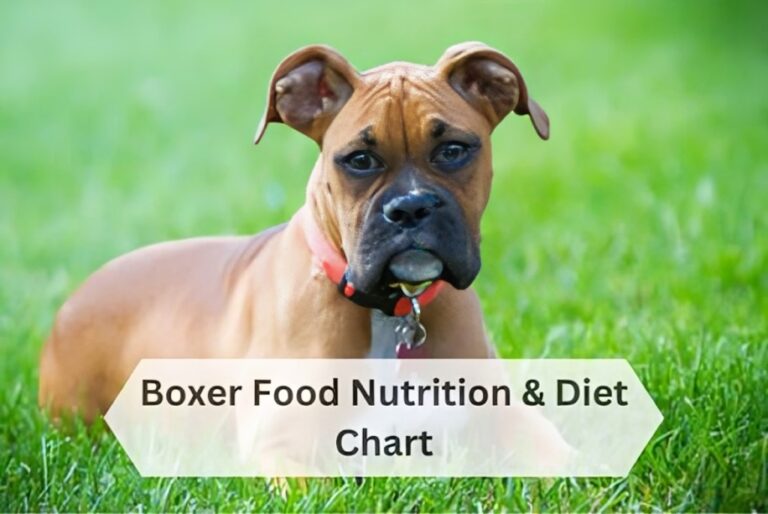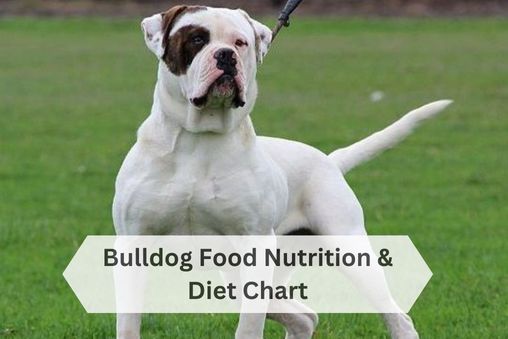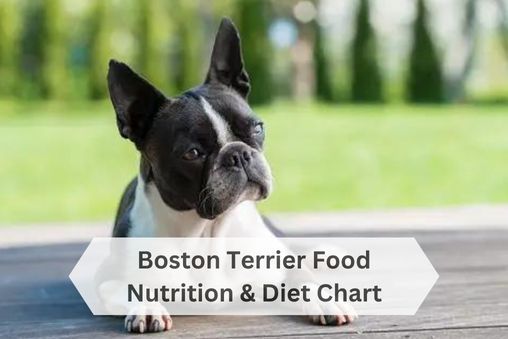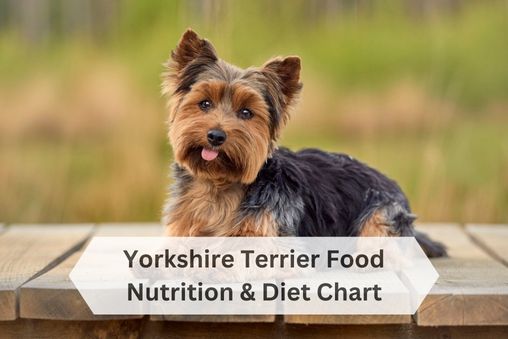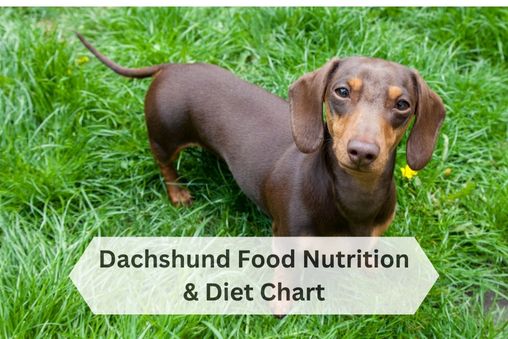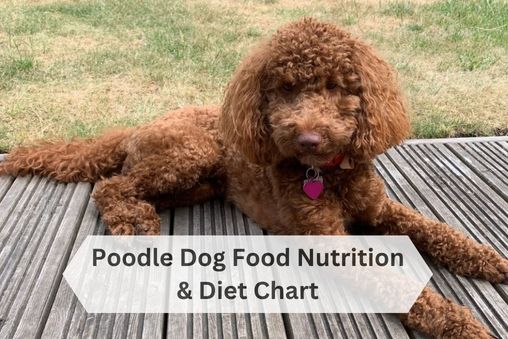Shih Tzu’s Nutritional Needs
Shih Tzus are small breed dogs that have specific nutritional requirements to maintain their health and well-being. It is important to provide them with a balanced diet that meets their energy needs and supports their overall health.
Protein Requirements
Protein is an essential nutrient for Shih Tzus as it helps support their growth and development, as well as maintaining their muscle mass. It is recommended to feed your Shih Tzu a diet that contains high-quality protein sources such as lean meats, fish, and eggs. A diet with around 18-25% protein content is ideal for Shih Tzus to meet their protein requirements.
Fat Content
Fat is another important nutrient for Shih Tzus as it provides them with energy and helps support their skin and coat health. It is important to provide your Shih Tzu with healthy sources of fats such as omega-3 and omega-6 fatty acids. A diet with around 8-15% fat content is recommended for Shih Tzus to meet their energy needs without causing weight gain.
Carbohydrate Balance
Carbohydrates are a good source of energy for Shih Tzus, but it is important to provide them with complex carbohydrates such as whole grains and vegetables. Avoid feeding your Shih Tzu with foods that contain high levels of simple sugars and refined grains as they can lead to weight gain and other health issues. A diet with around 30-50% carbohydrate content is suitable for Shih Tzus to maintain their energy levels throughout the day.
By understanding and meeting the nutritional needs of your Shih Tzu, you can help ensure that they live a healthy and happy life.
Choosing the Right Dog Food for Shih Tzu
When it comes to choosing the right dog food for your Shih Tzu, it’s important to consider their specific nutritional needs. Shih Tzus are small breed dogs that require a balanced diet to maintain their health and well-being. Here are some options to consider:
Premium Dog Food Brands
There are many premium dog food brands on the market that cater to small breed dogs like Shih Tzus. Look for brands that use high-quality ingredients and have a good balance of protein, carbohydrates, and fats. Some popular options include Royal Canin, Hill’s Science Diet, and Blue Buffalo.
Homemade Dog Food Options
If you prefer to make your own dog food for your Shih Tzu, there are plenty of homemade options to consider. Just make sure to consult with a veterinarian or pet nutritionist to ensure that your homemade dog food meets all of your Shih Tzu’s nutritional needs. You can include ingredients like lean meats, vegetables, and whole grains in your homemade dog food recipes.
Raw Food Diet Considerations
Some pet owners choose to feed their Shih Tzus a raw food diet, which consists of raw meat, bones, fruits, and vegetables. While this diet can be beneficial for some dogs, it’s important to do thorough research and consult with a veterinarian before switching your Shih Tzu to a raw food diet. Make sure to include all necessary nutrients and avoid any potential food safety issues.
Overall, choosing the right dog food for your Shih Tzu is an important decision that can impact their health and longevity. Whether you opt for a premium dog food brand, homemade dog food, or a raw food diet, make sure to prioritize your Shih Tzu’s nutritional needs and consult with a professional if needed.
Creating a Balanced Diet Chart for Shih Tzu
When it comes to ensuring your Shih Tzu is receiving the proper nutrition, creating a balanced diet chart is crucial. A balanced diet will help support your dog’s overall health and well-being.
Daily Caloric Intake
The daily caloric intake for a Shih Tzu will depend on factors such as age, weight, and activity level. On average, a Shih Tzu weighing around 10 pounds may require between 300-400 calories per day. It’s important to monitor your dog’s weight and adjust their caloric intake as needed to prevent obesity or malnourishment.
Recommended Nutrient Ratios
A well-balanced diet for a Shih Tzu should consist of protein, carbohydrates, fats, vitamins, and minerals. A general guideline for nutrient ratios in a Shih Tzu’s diet is approximately 25-30% protein, 30-40% carbohydrates, and 10-15% fats. Additionally, make sure to include essential vitamins such as Vitamin A, D, E, and minerals like calcium and phosphorus.
Supplement Options
While it’s important to provide your Shih Tzu with a nutritious diet, certain supplements can also help support their health. Common supplements for Shih Tzus include Omega-3 fatty acids for skin and coat health, glucosamine for joint support, and probiotics for digestive health. Before adding any supplements to your Shih Tzu’s diet, consult with your veterinarian to ensure they are safe and beneficial for your dog.
Shih Tzu Food Chart & Nutrition Guide
| Meal Time | Food | Portion | Nutrition (per serving) | Calories (per serving) |
|---|---|---|---|---|
| Morning | ||||
| Breakfast | High-quality small breed dry kibble | 1/4 cup | Protein: 10g, Fat: 5g, Carbs: 15g | 150 |
| Cooked lean turkey or chicken (boneless, skinless) | 2 oz | Protein: 15g, Fat: 3g | 100 | |
| Diced carrots or green beans | As desired | Fiber: 2g, Vitamins: A, C | 20 | |
| Afternoon | ||||
| Midday Snack | Sliced apples or blueberries | Small handful | Fiber: 3g, Vitamin C: 10mg | 30 |
| Low-fat cottage cheese | 2 tablespoons | Protein: 5g, Calcium: 50mg | 50 | |
| Evening | ||||
| Dinner | Cooked salmon or white fish | 3 oz | Protein: 20g, Fat: 10g | 200 |
| Brown rice or sweet potato | 1/4 cup | Carbs: 15g, Fiber: 2g | 100 | |
| Steamed broccoli or spinach | As desired | Fiber: 3g, Vitamins: A, K | 30 | |
| Bedtime | ||||
| Late Snack | Pumpkin or sweet potato puree | Small serving | Fiber: 2g, Vitamin A: 2000 IU | 50 |
| Natural almond butter (unsalted) | 1 teaspoon | Protein: 3g, Healthy fats: 5g | 50 |
Additional Tips:
- Customize your Shih Tzu’s diet chart based on their individual profile, including age, weight, activity level, and any existing health conditions.
- Monitor your dog’s weight and adjust their meal plan as necessary to maintain a healthy body condition.
- Consult with a veterinarian or canine nutritionist to develop a personalized diet chart that best suits your Shih Tzu’s unique requirements.
- Ensure your pet has access to fresh, clean water at all times.
It is important for Shih Tzu owners to be mindful of their dog’s nutritional needs and diet. By following a proper diet chart and providing approved dog food, owners can ensure their Shih Tzu stays healthy and happy. Consulting with a veterinarian and doing research on the best food options for this breed can help in making informed decisions. Remember, a well-balanced diet is key to keeping your Shih Tzu’s overall health in check.

